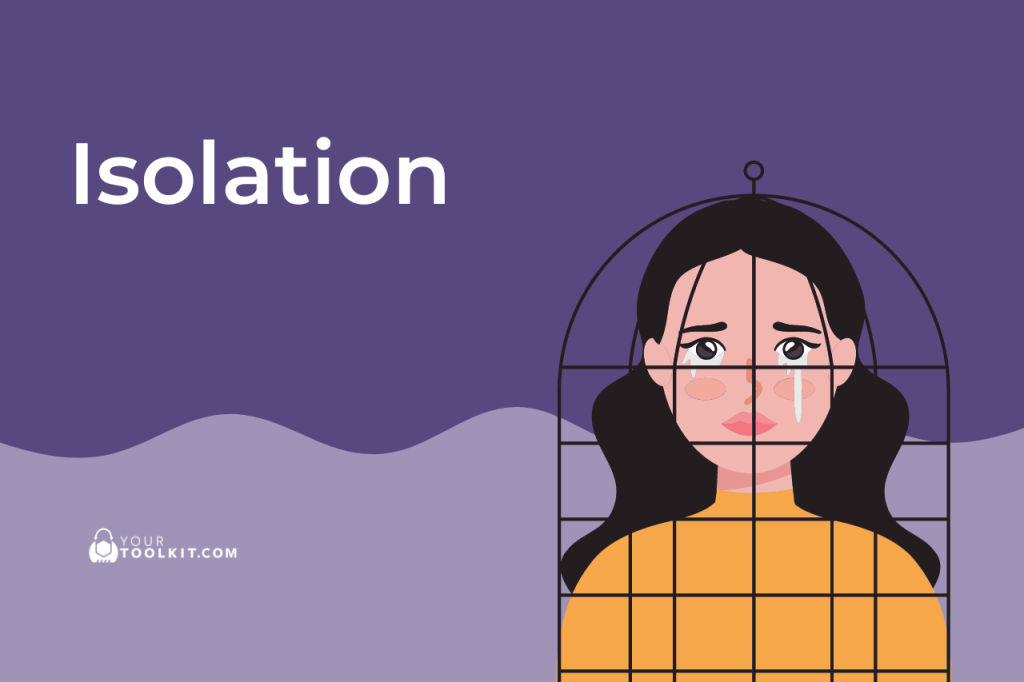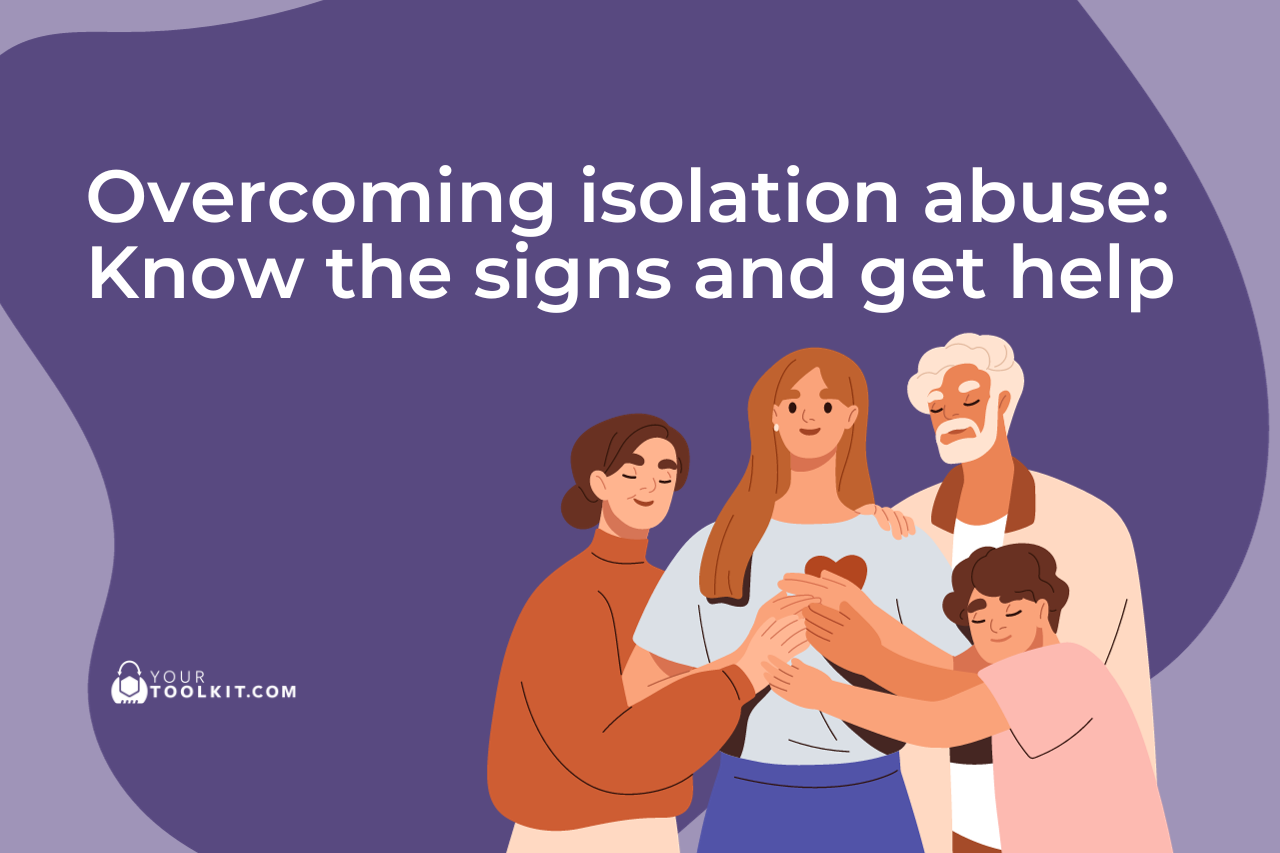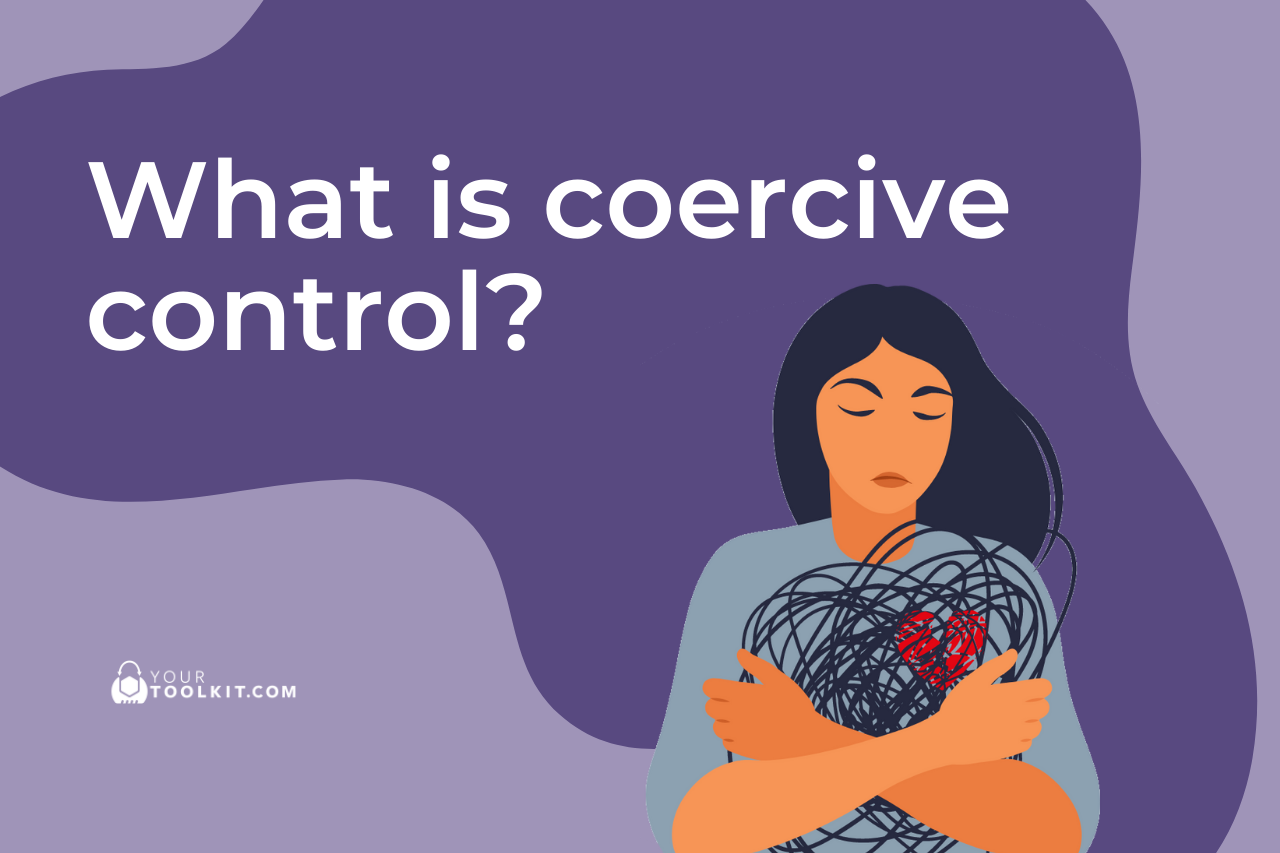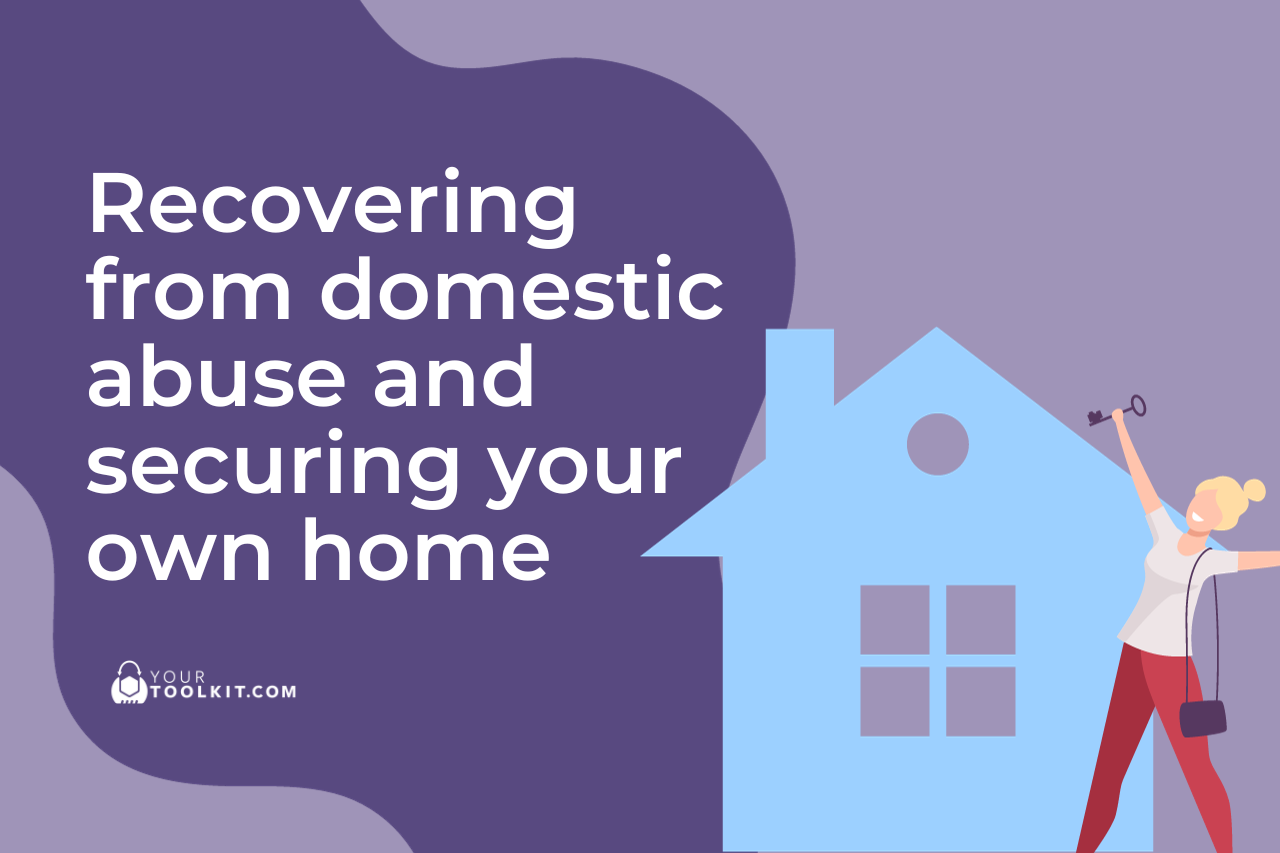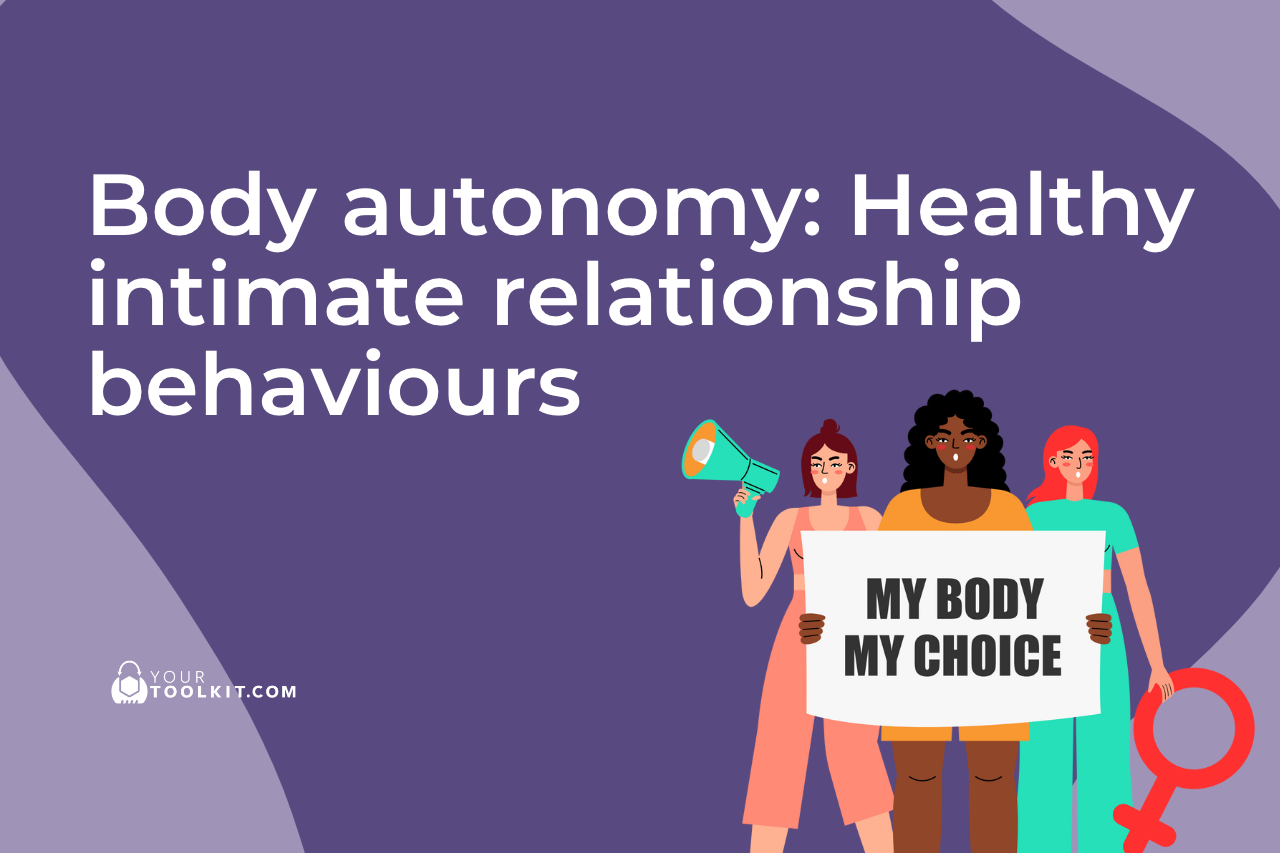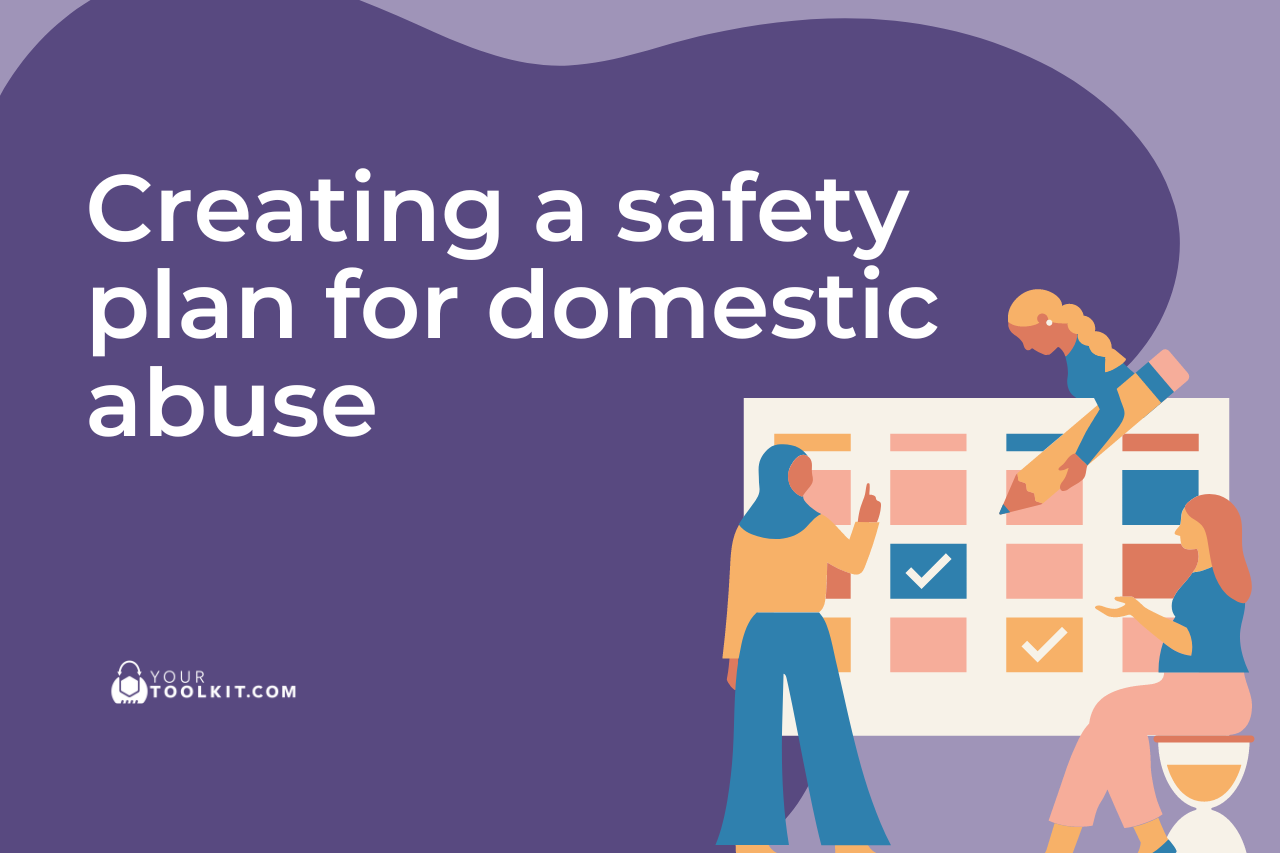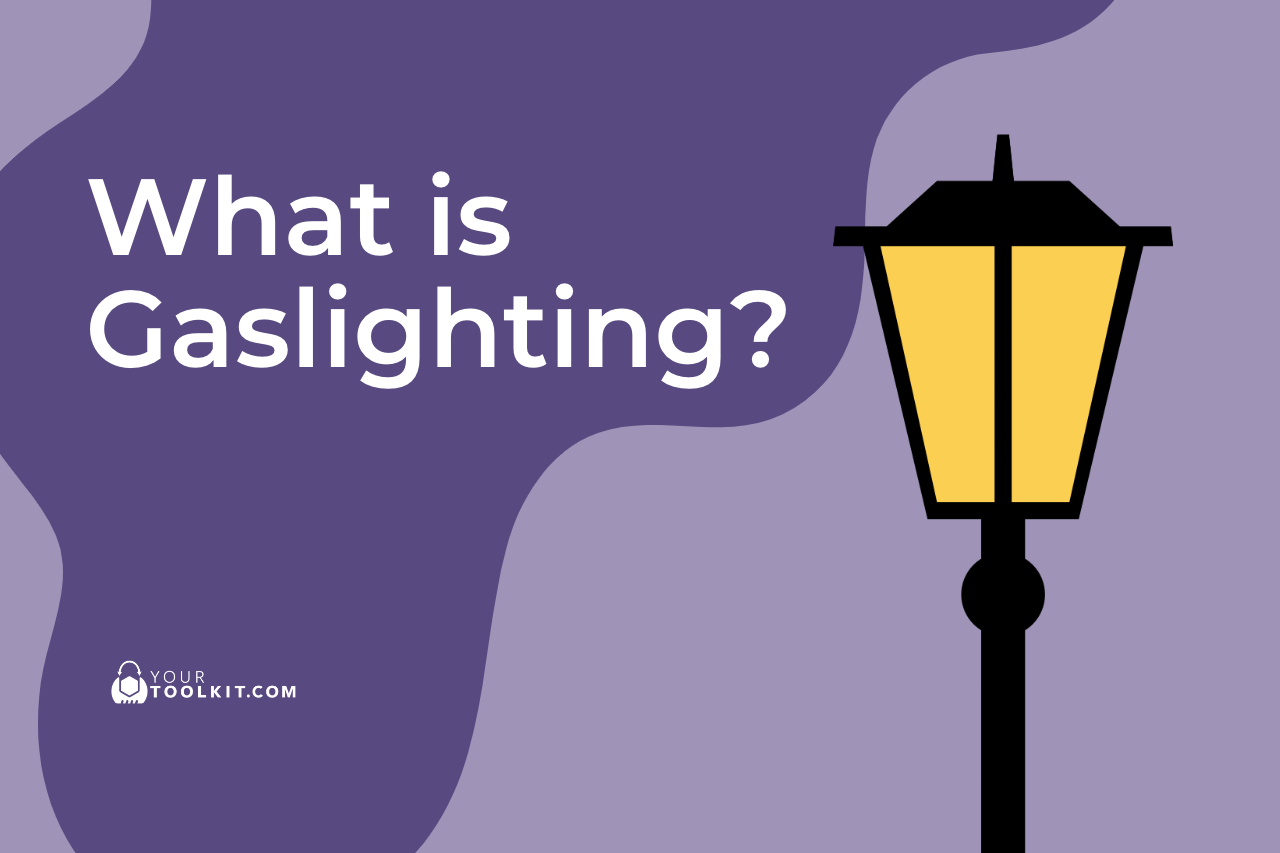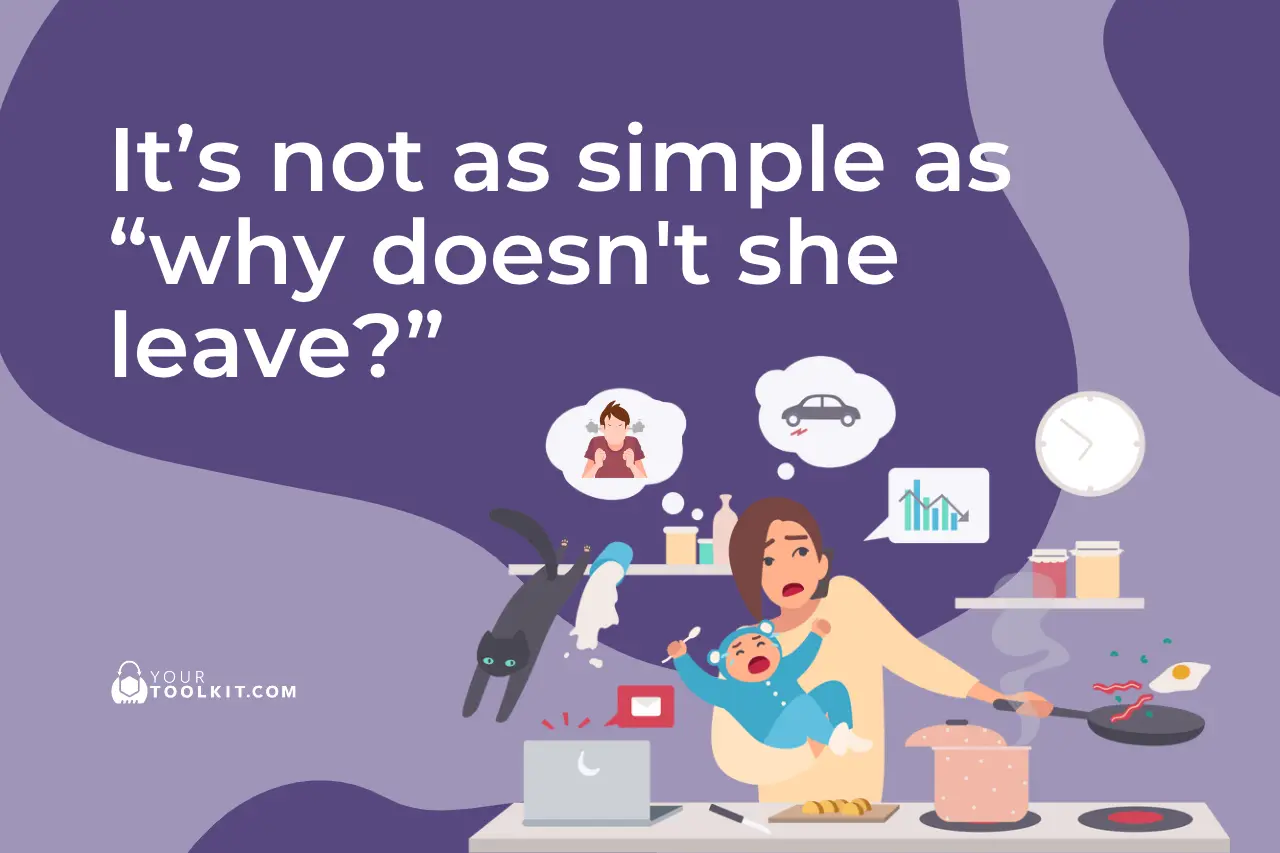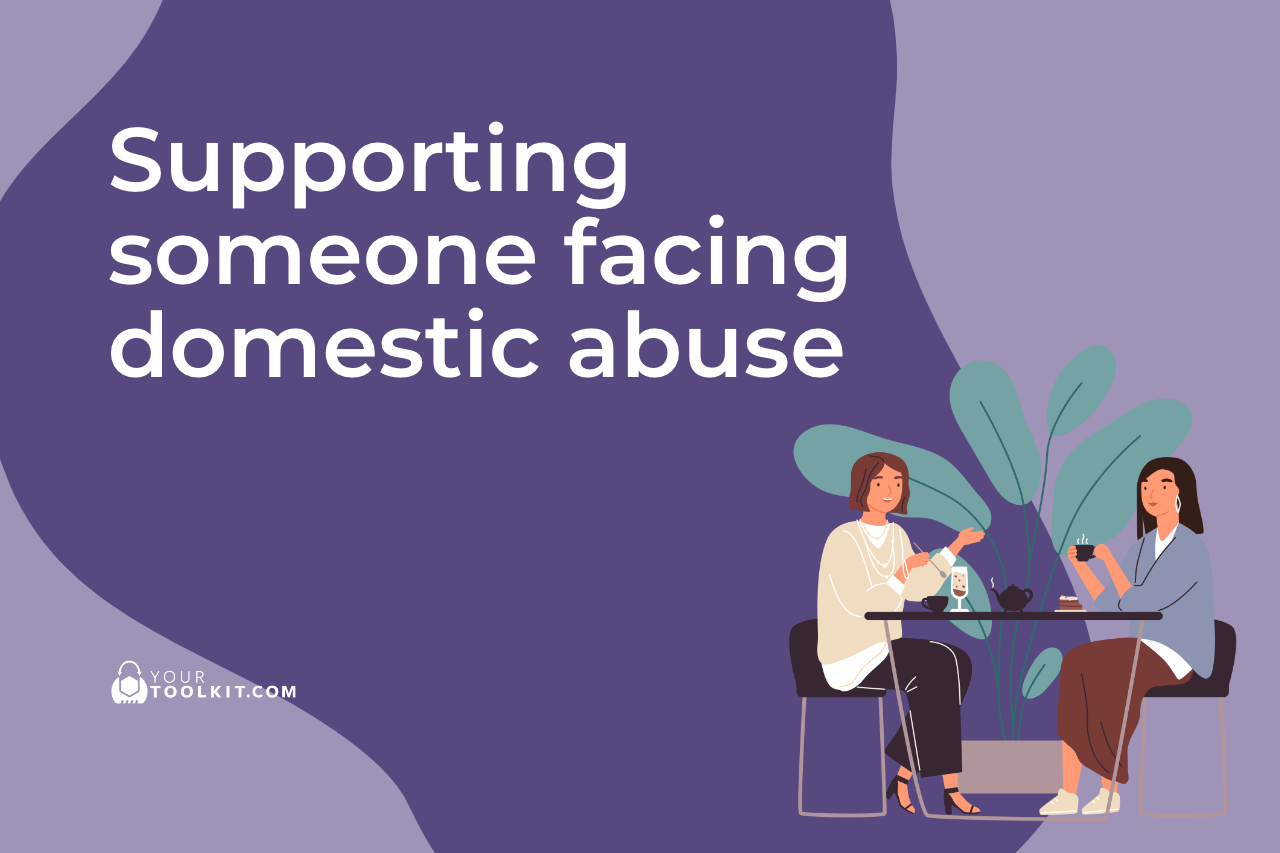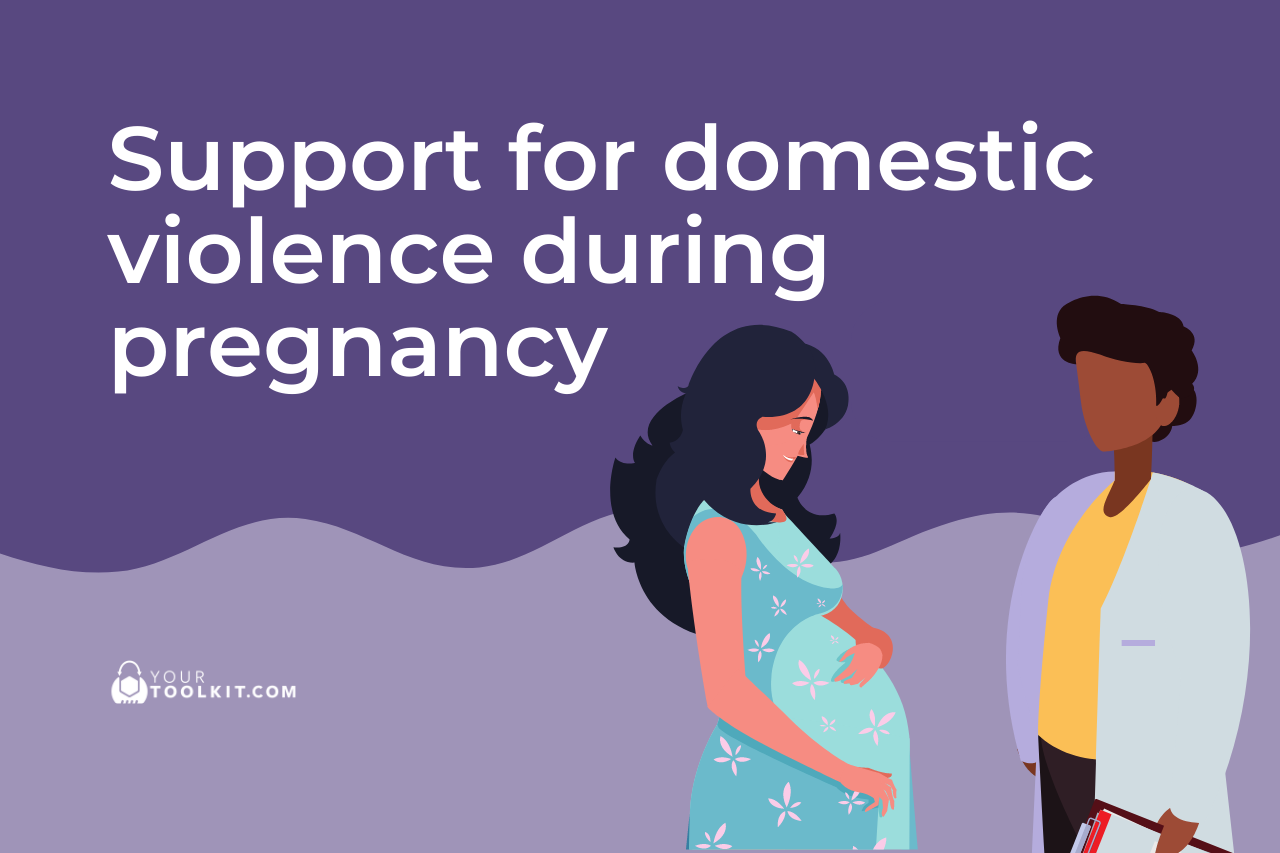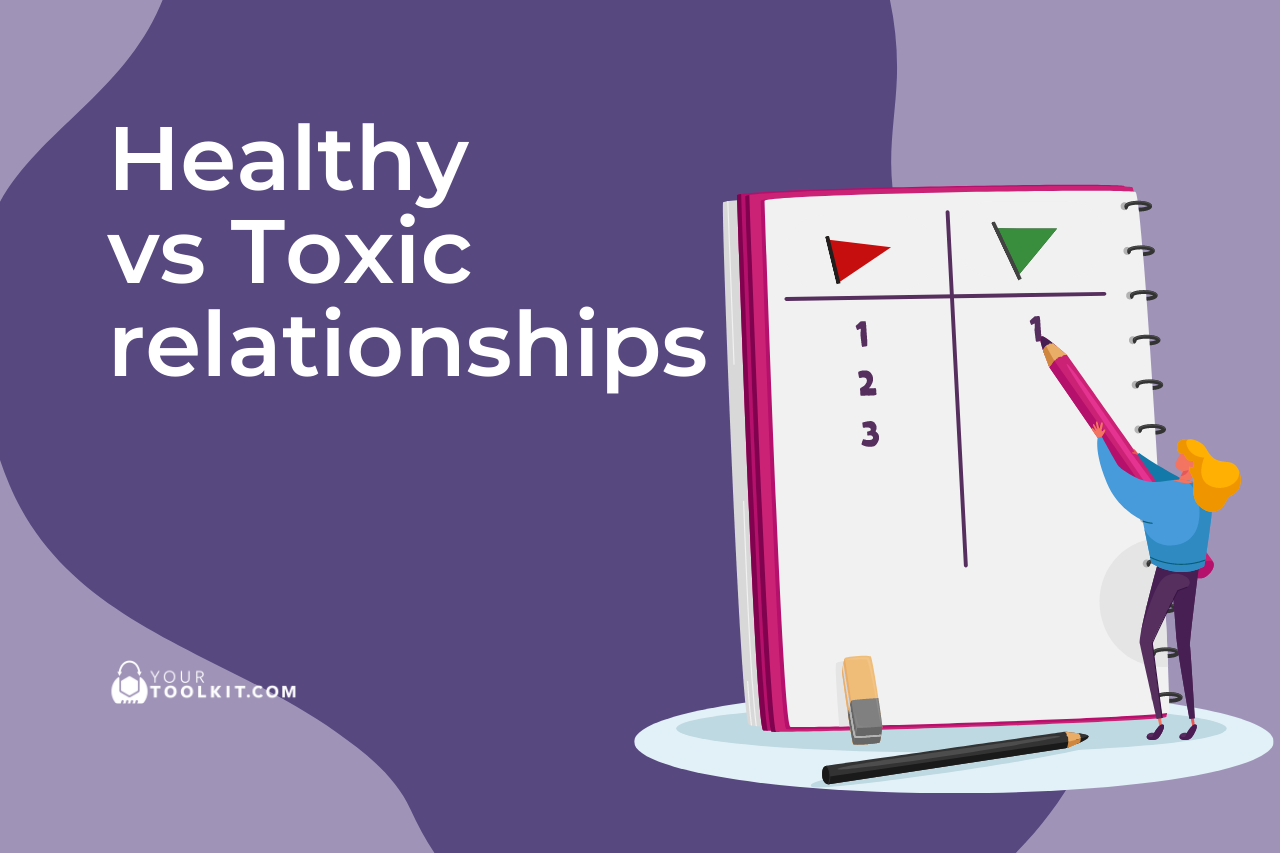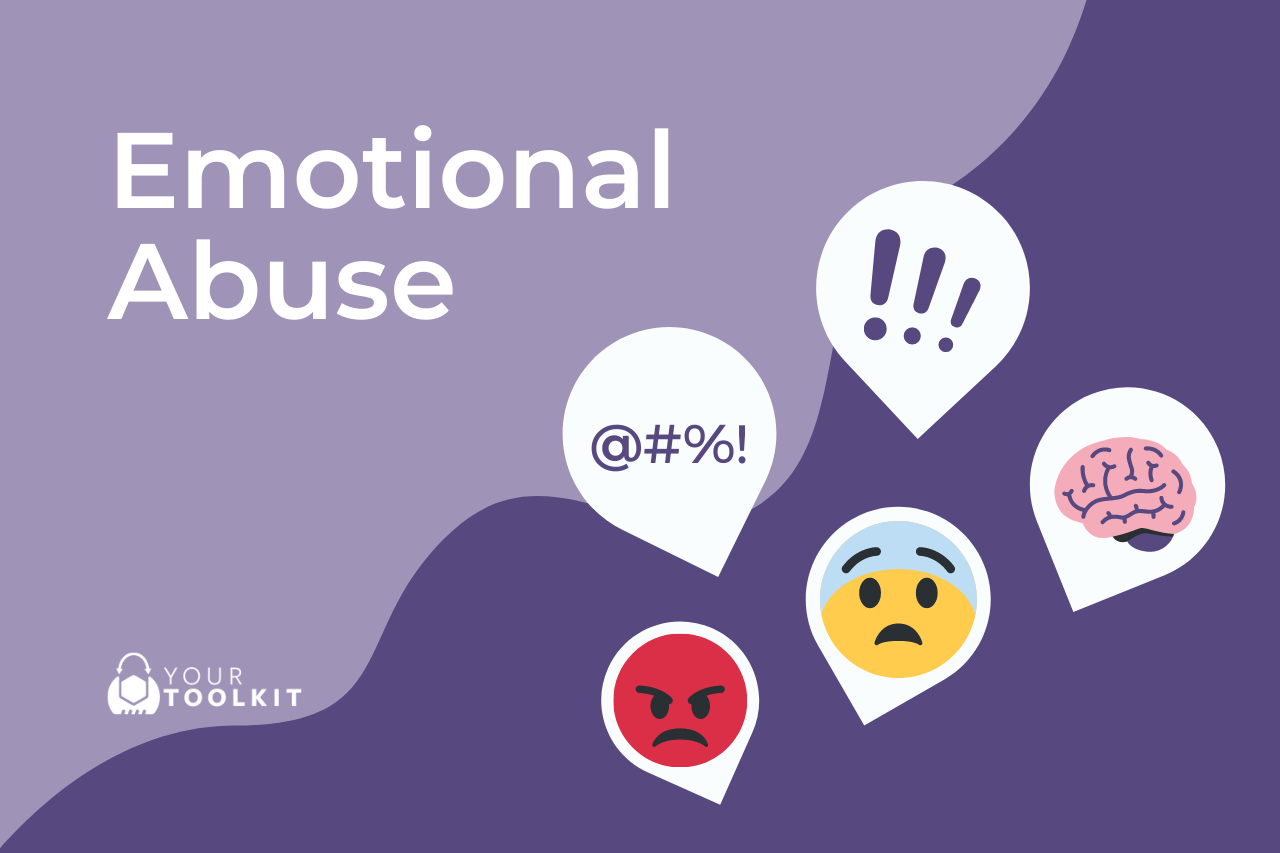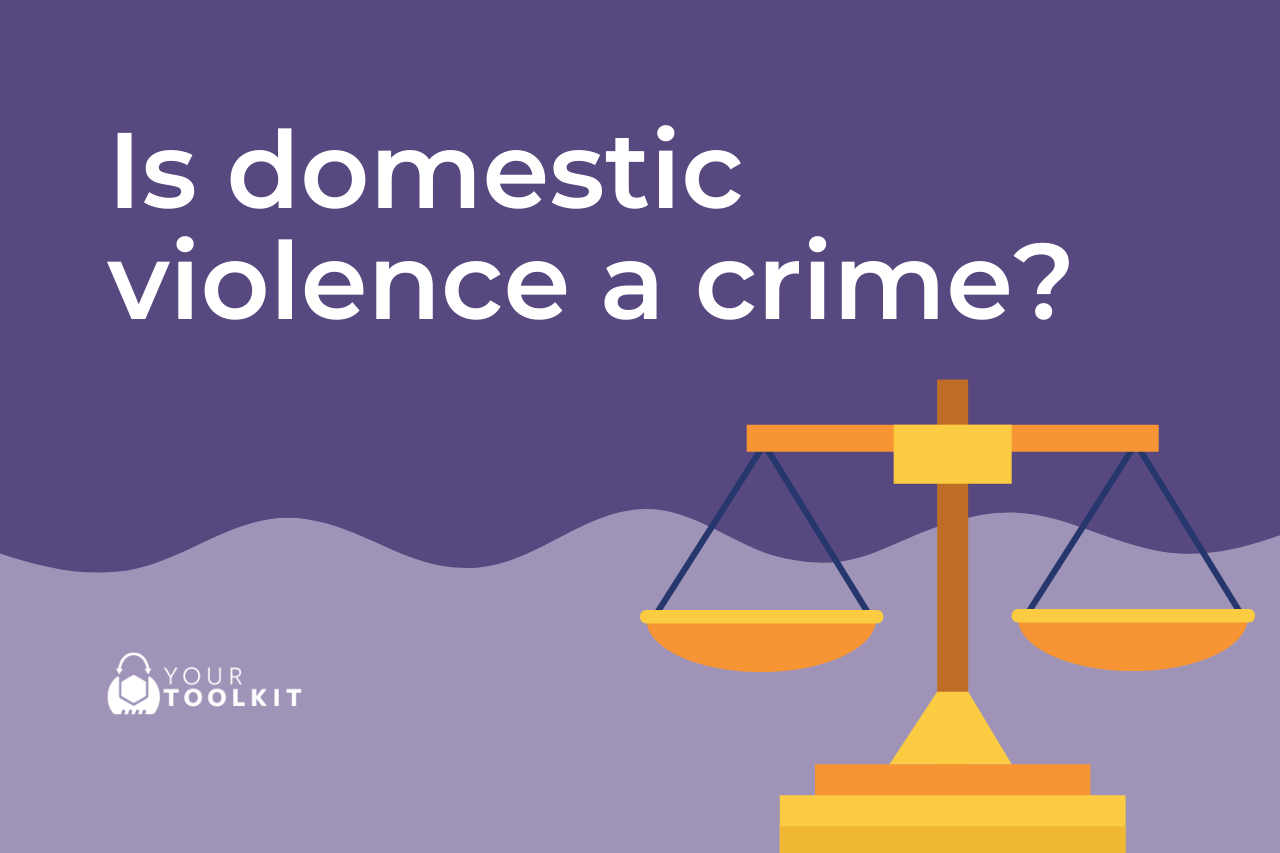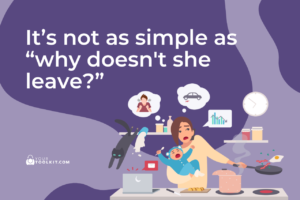Isolation is one of the most common tactics of abuse and coercive control. It aims to keep you from connecting with the outside world and seeing that something isn’t right in the relationship. Isolation distances you from family and friends who can help you escape from or challenge the abuse.
Isolation as Abuse
An abusive partner might distance and isolate you from your friends and family by making it physically hard for your family to visit you. They might also manipulate you and act as jealous or possessive, monitoring where you are going or who you are talking to or stopping you from communicating with other people at all.
By isolating you, the perpetrator makes you depend solely on them for physical, financial and emotional support (co-dependence).
Jackie lives in a small city. She is newly-retired from a teaching career and lives with her husband Steven of 40 years. When she goes out to run errands or to meet her friends, Steven complains about how much fuel she uses. He insists that she must be home within a set time to avoid parking fees and spending too much money. Recently, he has begun cutting back on how much data she can use on her phone, suggesting the websites she is visiting are unsafe. These conversations usually end up in an argument. To avoid these fights, Jackie has not been out unless Steven comes with her, and she has not seen her friends in a few months. She doesn’t respond to their calls or messages because she feels stuck. This isn’t what she thought retirement would be like.
Isolation as Abuse
- Restricting or stopping you from going outside the home and punishing you if you do
- Restricting you from going to school, work or participating in your religion
- Forcing you to seek permission before you leave the home
- Preventing you from socialising with friends from your culture or religion
- Removing the door from your bedroom or toilet (taking away your privacy in the home)
- Making you relocate to another town, city or State (or country) so that you are not near your family and friends
- Strictly controlling your relationships with his family and friends
- Preventing you from learning English so that you can make friends
- Locking you in the house
- Kidnapping or abduction
Find Support to Healthy Practices
Yourtoolkit.com offers a free step-by-step guide on personal safety, support services and money matters for people facing family and domestic violence. If you are being isolated it’s important to get connected to essential services, you may find these website sections particularly helpful.
1. Prepare





2. Act Now
Legal Resources
View DirectoryEmergency Accommodation Services
View DirectoryCounselling & Support Services
View Directory
Anglicare’s Recovery After Violence Support program

St Vincent de Paul Emergency Relief and Home Visitation Program
Resources
Learn more about coercive control behaviours, complete our Coercive Control Self Assessment

